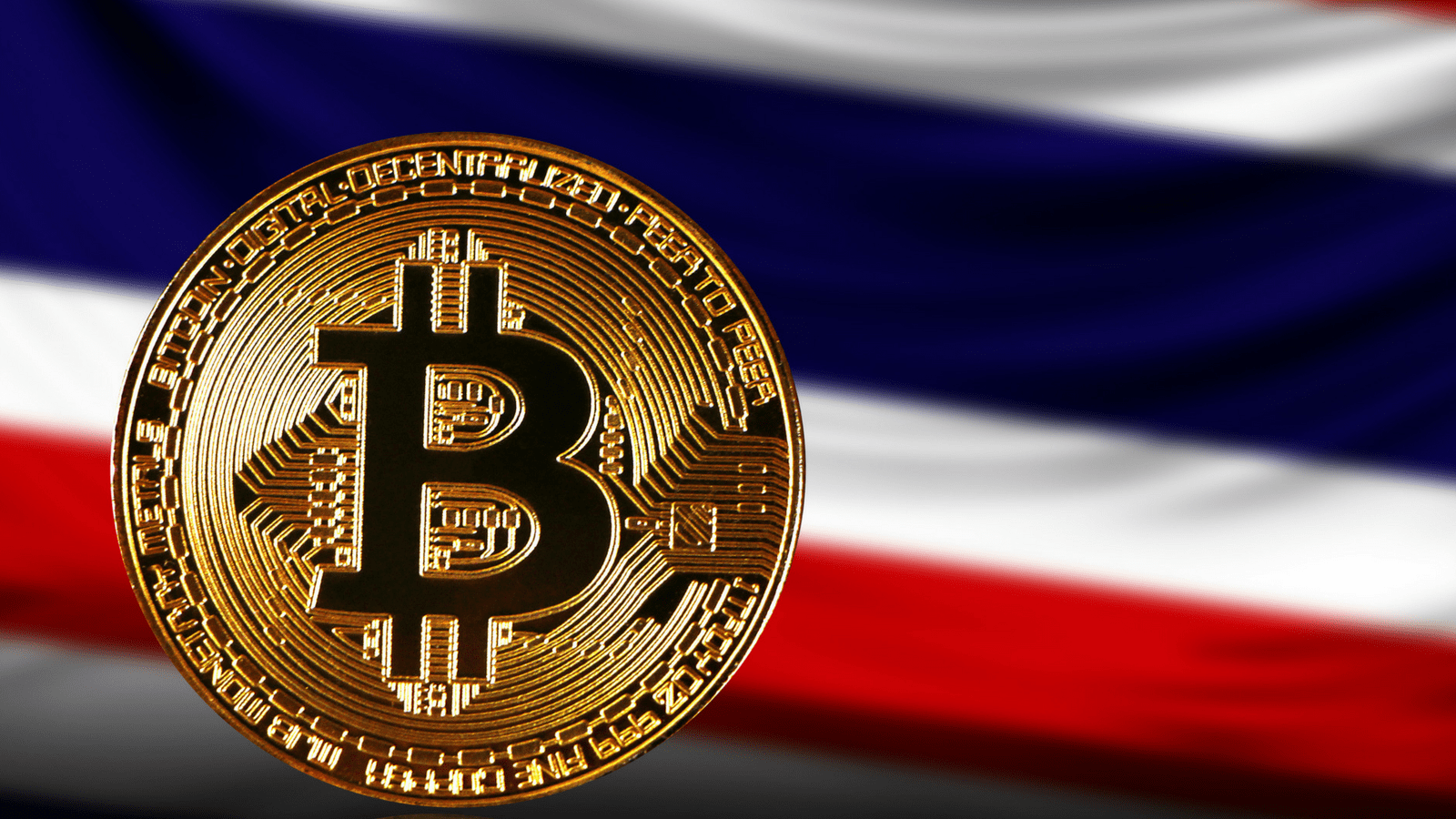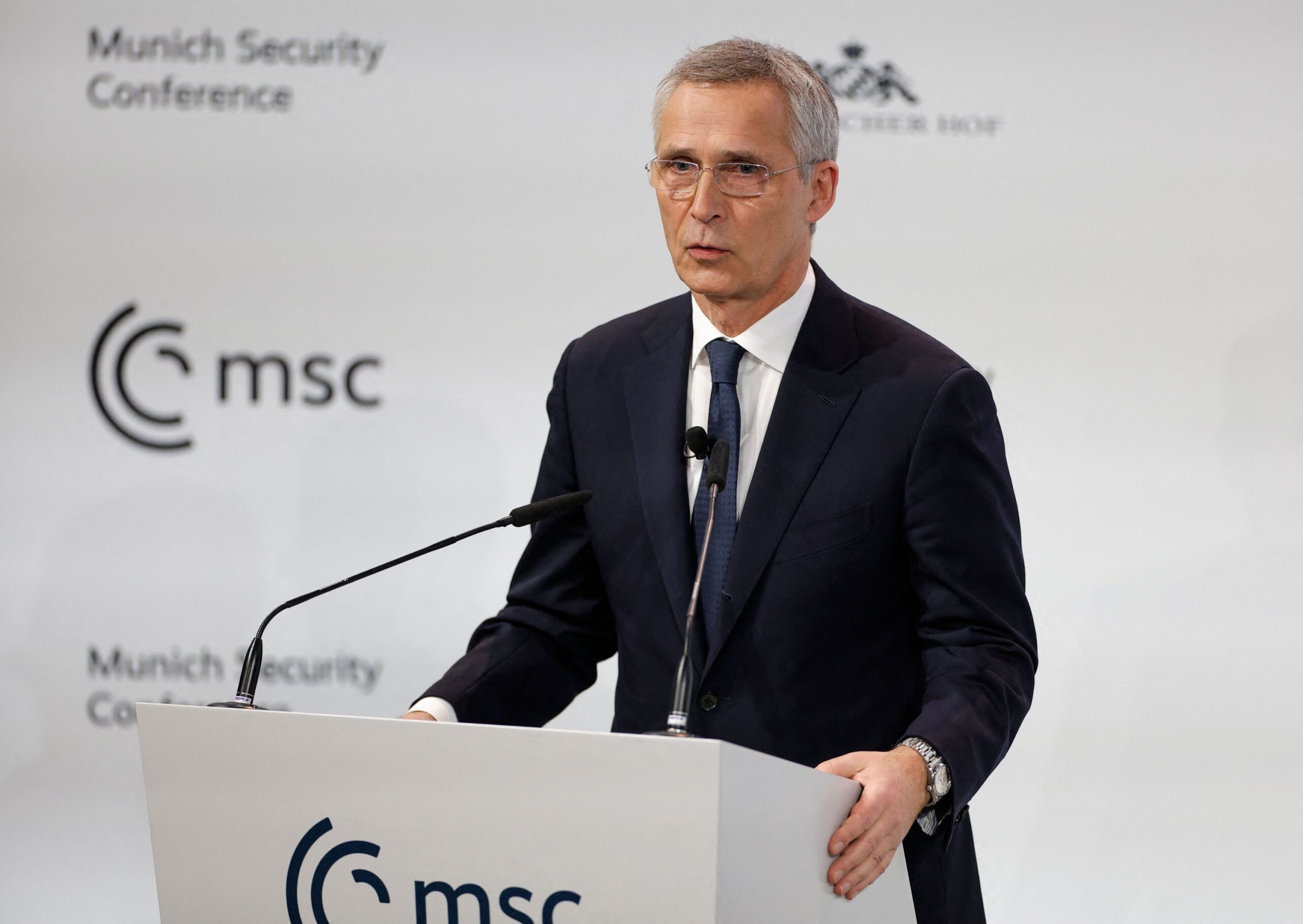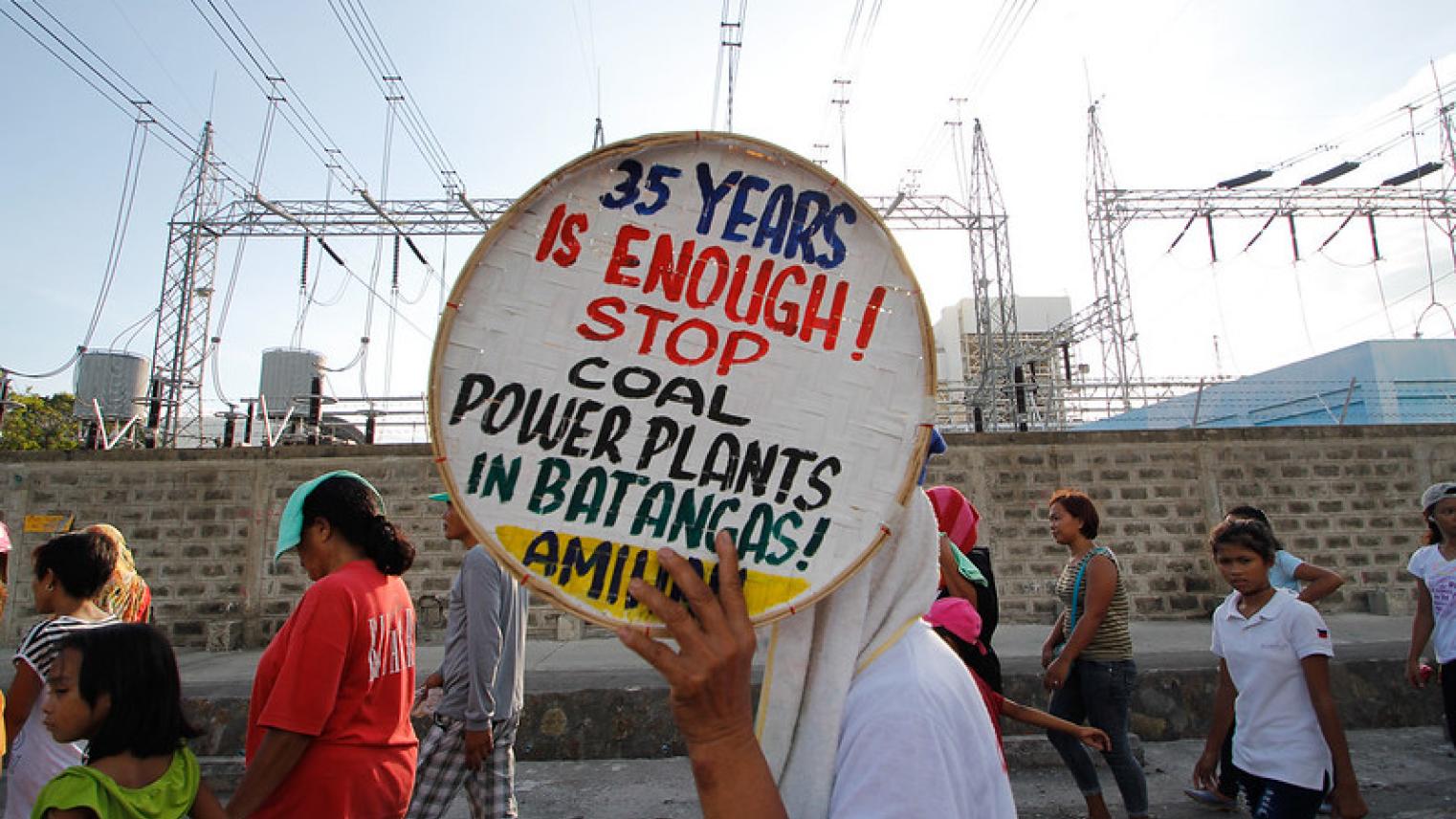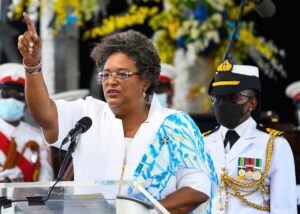By Liz Angeles, Morningstar
Investors seeking clues about where society is headed—and which trends could benefit—might look at the Sustainable Development Goals. Adopted by United Nations members in 2015, the 17 Sustainable Development Goals form a wide-ranging plan to grapple with poverty, equalities, climate change, and other challenges, while promoting economic growth. Since then, the U.N. has tracked progress annually for such issues as reducing child mortality, preventing HIV infection, and improving access to energy and mobile broadband.
For investors, the SDGs “were developed by governments looking at what society needs to do by 2030 to be better. It’s useful to refer to SDGs as means of framing the targets that you’re trying to solve and objectives you’re trying to achieve,” says Lindsey Stewart, director of stewardship research and policy for Morningstar Sustainalytics.
Yet only a few dozen funds and exchange-traded funds are tied directly to the SDGs, partly because of the uneasy relationship between achieving financial returns while realizing nonfinancial outcomes. That may change as companies start accounting for their impacts on the world around them. New European rules require companies to disclose their environmental and social impacts, to help shareholders and others assess sustainability performance and related risk. These are issues that affect companies over the long term.
The 2030 agenda is currently not on track to reach its goals. One reason is the limited SDG funds that are currently available. Those numbers will grow.
Stewart says it is important for investors to assess what themes align with their personal goals and incorporate exposure to those goals in their portfolios. This process may include some research into stocks in line with the SDGs. “There are plenty of thematic funds that focus on water, health, education, or gender equality,” says Stewart. And Stewart is optimistic that, increasingly, asset managers will use the SDGs in investing.
How We Compiled Our SDG Funds List
To compile a list of 56 SDG funds, we ran a screen on open-end and exchange-traded equity funds in the Morningstar universe that mentioned “Sustainable Development,” “SDG,” or a related term in their name. We included funds from all domiciles but only used the oldest share class. From there, we narrowed the list by removing all funds of funds and all funds without their holdings available. This resulted in a list of 44 funds that use the sustainable development goals in their strategy or that track an index that uses the sustainable development goals in their strategy. From this finalized list, we filtered the funds by fund size. Illustrated are the largest 10 funds.
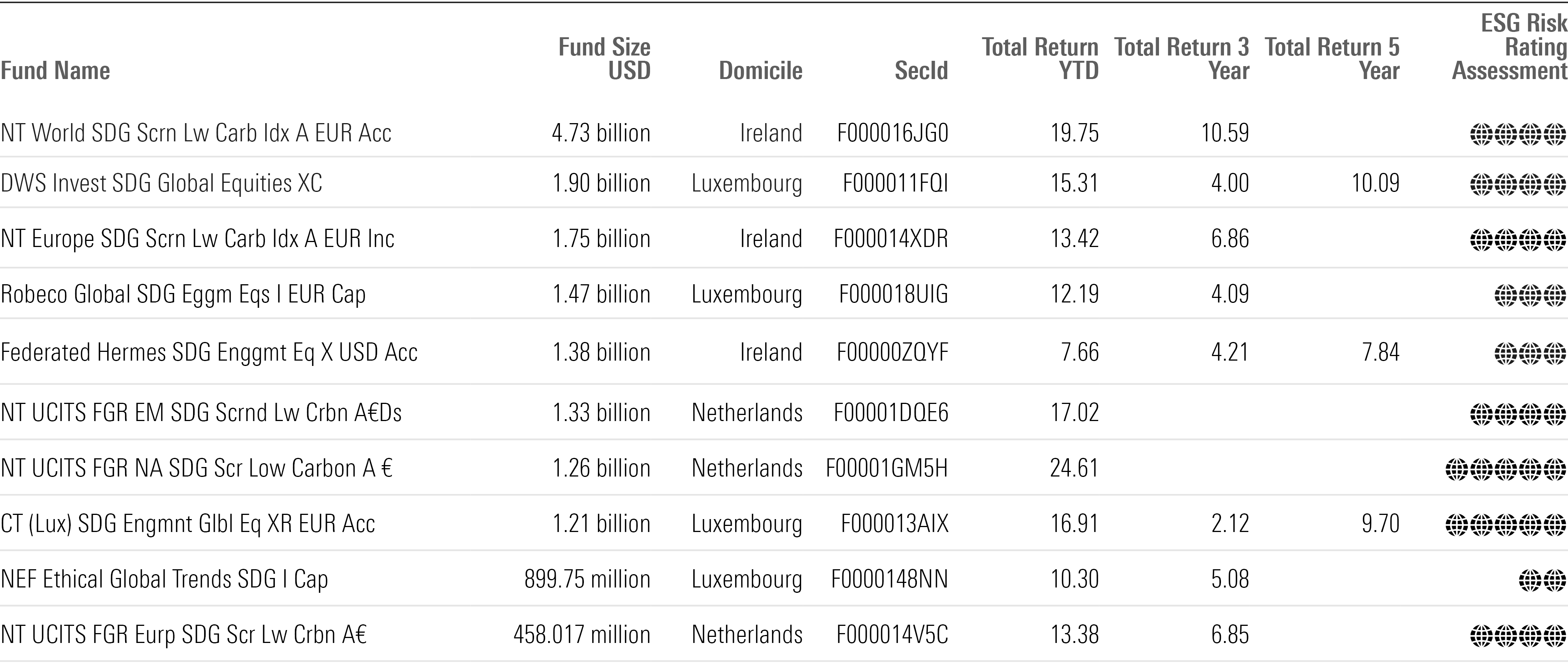
1. Northern Trust UCITs Common Contractual Fund — NT World SDG Screened Low Carbon Index Fund A EUR ACC
Morningstar Rating: 5 Stars
ESG Risk Rating Assessment: 4 Globes
The investment objective of the fund is to closely match the risk and return characteristics of the MSCI World Select ESG Leaders Low Carbon Impact G Series Index (the index) with net dividends reinvested. Any change of index shall only be made with the prior approval of the unitholders, according to fund literature.
This fund has relatively low exposure to ESG risk compared with its peers in the global equity large-cap Morningstar Category, earning it the second-highest Morningstar Sustainability Rating of 4 globes. It promotes ESG criteria within the meaning of Article 8 of the Sustainable Finance Disclosure Regulation. Funds in accordance with Article 8 or Article 9 are more likely to align with the expectations of an investor who cares about sustainability issues. One key area of strength for this fund is its low Morningstar Portfolio Carbon Risk Score of 4.44 and very low fossil fuel exposure over the past 12 months, which earns it the Morningstar Low Carbon Designation, according to Morningstar Manager Research.
2. DWS Invest SDG Global Equities XC
Morningstar Rating: 4 Stars
ESG Risk Rating Assessment: 4 Globes
This subfund promotes environmental and social characteristics. While it does not have as its objective a sustainable investment, it will invest a minimum proportion of its assets in sustainable investments as defined by the EU’s Sustainable Finance Disclosure Regulation. The fund aims to achieve a positive mid- to long-term investment performance by investing in companies that management considers to be in a position to profit from present or future geopolitical, social, and economic trends and themes that help to achieve the sustainable development goals of the U.N. as part of the Agenda 2030. The subfund is actively managed and is not managed in reference to a benchmark, according to fund literature.
This share class is in the cheapest quintile of its Morningstar Category. Its competitive expense ratio, paired with the fund’s People, Process, and Parent Pillars, indicates that this share class is well-positioned to generate positive alpha against its category benchmark, explaining its Morningstar Medalist Rating of Bronze.
Currently, the fund has 8.2% involvement in fossil fuels, which is roughly in line with 7.6% for its average category peer. Companies are considered involved in fossil fuels if they derive some revenue from thermal coal, oil, and gas. The fund has a modest level of exposure (7.40%) to companies with high or severe controversies, according to Morningstar Manager Research.
3. NT Europe SDG Screened Low Carbon Idx Fd A EUR Inc
Morningstar Rating: 4 Stars
ESG Risk Rating Assessment: 4 Globes
The investment objective of the fund is to closely match the risk and return characteristics of the MSCI Europe Select ESG Leaders Low Carbon Impact G Series Index with net dividends reinvested, according to fund literature.
By prospectus, the fund aims to avoid, or limit its exposure to, companies associated with controversial weapons, tobacco, and thermal coal. The fund fulfills this goal as its investment exposure to each of these activities is negligible. The fund aims to avoid or minimize holdings in companies breaching international norms, including the U.N. Global Compact or the Universal Declaration of Human Rights. The fund has no exposure to high or severe controversies.
Over the past two years, it beat the category index by an annualized 2.1 percentage points and outperformed the category average by 4.6 percentage points. And more importantly, when looking across a longer horizon, the strategy outpaced the index, according to Morningstar Manager Research.
4. Robeco Global SDG Engagement Equities I EUR Capitalisation
Morningstar Rating: 2 Stars
ESG Risk Rating Assessment: 3 Globes
The subfund aims to provide long-term capital growth while at the same time promoting certain ESG characteristics and integrating sustainability risks in the investment process. A primary objective is to drive a clear and measurable improvement in a company’s contribution to the United Nations Sustainable Development Goals over three to five years. The subfund aims to motivate invested companies to improve their fulfillment of the U.N. SDGs by actively engaging and having an active dialogue with these companies. In addition to pursuing the sustainable investment objective, the subfund at the same time aims to provide long-term capital growth. The subfund will take exposure of at least two thirds of its total assets to equities of companies all over the world that mainly operate in mature economies (developed markets). The subfund has a focused, concentrated portfolio with a small number of larger bets, according to fund documents.
Robeco Global SDG Engagement Equities promotes ESG criteria within the meaning of Article 8 of the Sustainable Finance Disclosure Regulation. Funds in accordance with Article 8 or Article 9 are more likely to align with the expectations of an investor who cares about sustainability issues. One key area of strength for Robeco Global SDG Engagement Equities is its low Morningstar Portfolio Carbon Risk Score of 5.22 and very low fossil fuel exposure over the past 12 months, which earns it the Morningstar Low Carbon Designation. Thus, the companies held in the portfolio are in general alignment with the transition to a low-carbon economy, according to the Morningstar Manager Research.
Change the World - Subscribe Now
5. Federated Hermes SDG Engagement Equity Fund Class X USD Accumulating
Morningstar Rating: 3 Stars
ESG Risk Rating Assessment: 3 Globes
The investment objective of the fund is to provide long-term capital appreciation alongside positive societal impact. The fund will seek to achieve its investment objective over a rolling period of any five years, by investing at least 80% in equity and/or equity-related securities of, or relating to, small- and mid-capitalization companies domiciled in, or that derive their income from, developed and emerging markets, according to fund literature.
The fund’s current involvement in fossil fuels rests at 2.1%, which compares favorably with 5.9% for its average category peer, according to the Morningstar Manager Research. By prospectus, the fund aims to avoid, or limit its exposure to, companies associated with controversial weapons and tobacco, according to Morningstar Manager Research.
6. Northern Trust UCITS FGR Fund—Emerging Markets SDG Screened Low Carbon Index FGR Fund A EUR Dis
Morningstar Rating: Not available
ESG Risk Rating Assessment: 4 Globes
The investment objective of the fund is to closely match the risk and return characteristics of the MSCI Emerging Markets Select ESG Leaders Low Carbon Impact G Series Index (the “index”) with net dividends reinvested. Any change of investment objective of the fund shall only be made with the prior approval of the unitholders, according to fund literature.
By prospectus, the fund aims to avoid, or limit its exposure to, companies associated with controversial weapons, tobacco, and thermal coal. The fund fulfills this goal as its investment exposure to each of these activities is negligible. The fund aims to avoid or minimize holdings in companies breaching international norms, including the U.N. Global Compact or the Universal Declaration of Human Rights, according to Morningstar Manager Research.
7. Northern Trust UCITS FGR Fund — North America SDG Screened Low Carbon Index FGR Fund A EUR
Morningstar Rating: Not available
ESG Risk Rating Assessment: 5 Globes
The investment objective of the fund is to closely match the risk and return characteristics of the MSCI North America Select ESG Leaders Low Carbon Impact G Series Index (the “index”) with net dividends reinvested. Any change of index shall only be made with the prior approval of the unitholders, according to fund literature.
One key area of strength for this fund is its low Morningstar Portfolio Carbon Risk Score of 4.06 and very low fossil fuel exposure over the past 12 months, which earns it the Morningstar Low Carbon Designation. Thus, the companies held in the portfolio are in general alignment with the transition to a low-carbon economy, according to Morningstar Manager Research.
8. CT (Lux) SDG Engagement Global Equity XR EUR Acc
Morningstar Rating: 4 Stars
ESG Risk Rating Assessment: 5 Globes
The portfolio aims to achieve long-term capital growth and support sustainable development, according to fund literature.
By prospectus, the fund aims to avoid, or limit its exposure to, companies associated with controversial weapons, tobacco, and thermal coal. The fund fulfills this goal by having negligible investment exposure to each of these activities. The fund aims to avoid, or limit exposure to, companies in violation with international norms, such as the U.N. Global Compact or the Universal Declaration of Human Rights. No companies held by this fund are recognized as being involved in controversies at a high or severe level, according to Morningstar Manager Research.
9. NEF Ethical Global Trends SDG I Cap
Morningstar Rating: 3 Stars
ESG Risk Rating Assessment: 2 Globes
The subfund seeks an attractive long-term rate of return, measured in euros, through investment primarily in equity securities of companies domiciled in developed countries, but investment may be made in equity securities of companies domiciled in emerging countries. The subfund seeks to invest mainly in stocks issued by companies with high-quality ESG profiles and that contribute to the achievement of the Sustainable Development Goals as defined by the United Nations, according to fund literature.
The fund’s 10.2% involvement in carbon solutions is roughly in line with the 11.6% average involvement of its peers in the global flex-cap equity category. Carbon solutions include products and services related to renewable energy, energy efficiency, green buildings, green transportation, and so on. By prospectus, the fund aims to avoid, or limit its exposure to, companies associated with controversial weapons, tobacco, and thermal coal. The fund mostly fulfills this goal; however, it does exhibit 0.23% exposure to companies involved in thermal coal. This compares with 0.75% for its average peer in the global equity large-cap category, according to Morningstar Manager Research.
10. Northern Trust UCITS FGR Fund — Europe SDG Screened Low Carbon Index FGR Fund A EUR
Morningstar Rating: 4 Stars
ESG Risk Rating Assessment: 4 Globes
The investment objective of the fund is to invest at least 85% of its assets in the master fund, the investment objective of which is to closely match the risk and return characteristics of the MSCI Europe Select ESG Leaders Low Carbon Impact G Series Index (the index) with net dividends reinvested. In addition to investing at least 85% of its assets in the master fund, the fund may also invest up to 15% of its assets in aggregate in ancillary liquid assets including cash deposits, cash equivalents, certificates of deposits, and money market instruments, which may be held by the fund to meet expenses or pending investment, according to fund literature.
The fund aims to avoid, or limit exposure to, companies in violation with international norms, such as the U.N. Global Compact or the Universal Declaration of Human Rights. The fund has no exposure to high or severe controversies. Controversies are incidents that have a negative impact on stakeholders or the environment, which create some degree of financial risk for the company, according to Morningstar Manager Research.

 Follow SDG News on LinkedIn
Follow SDG News on LinkedIn

